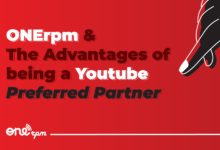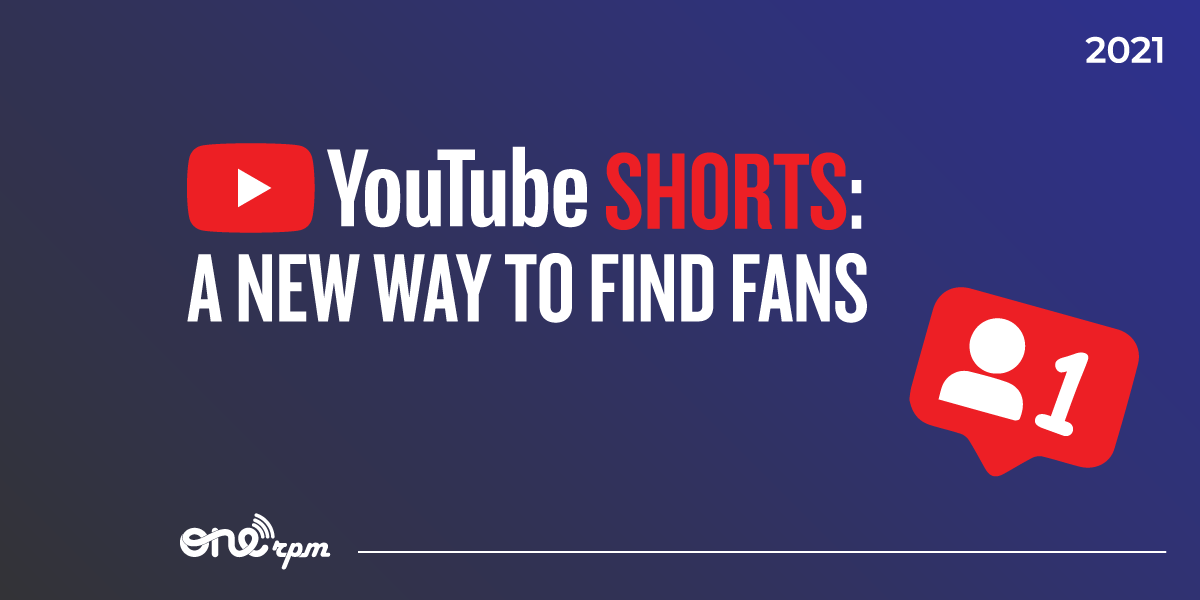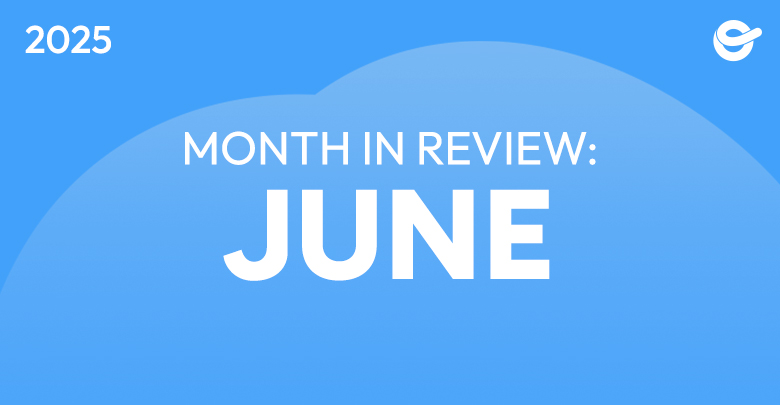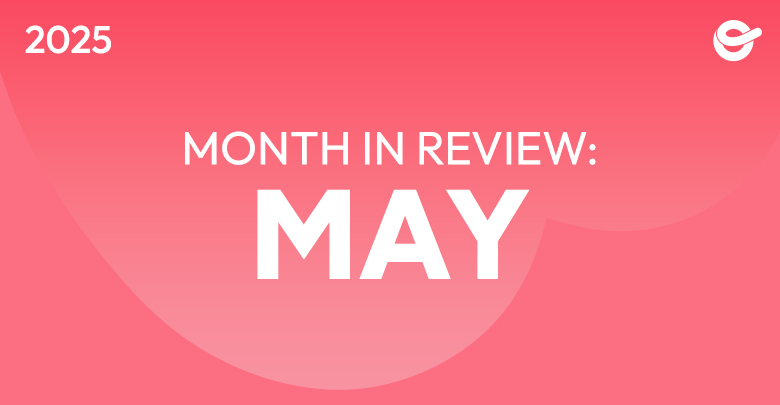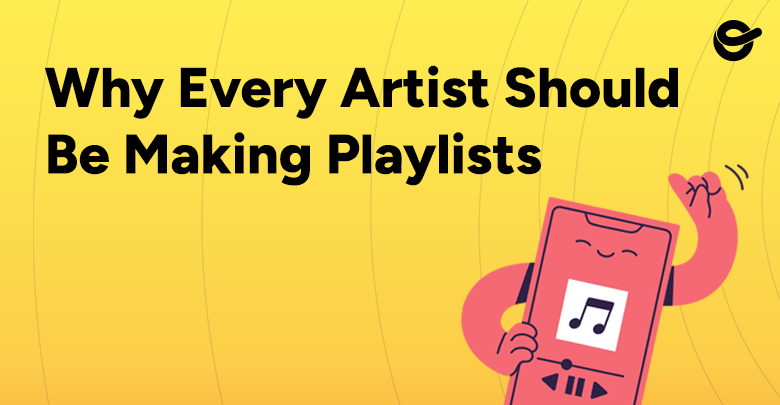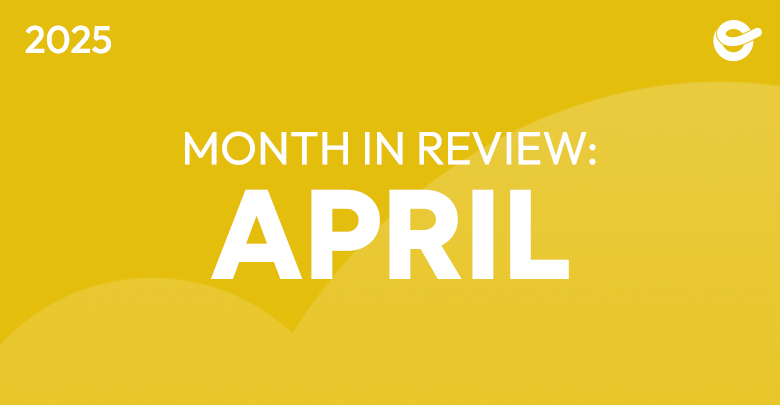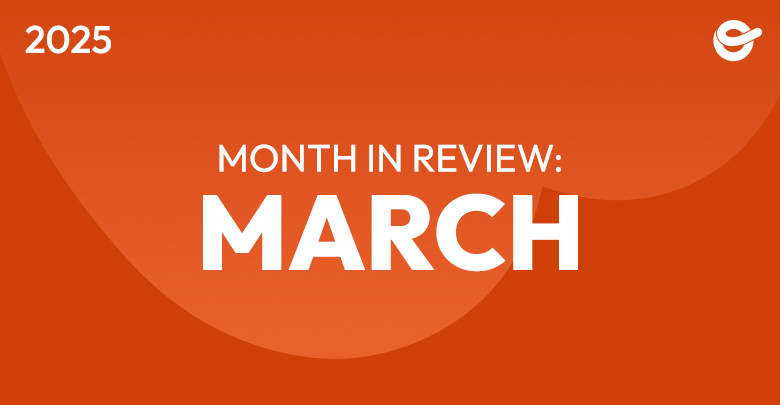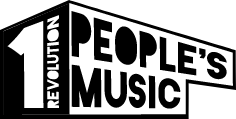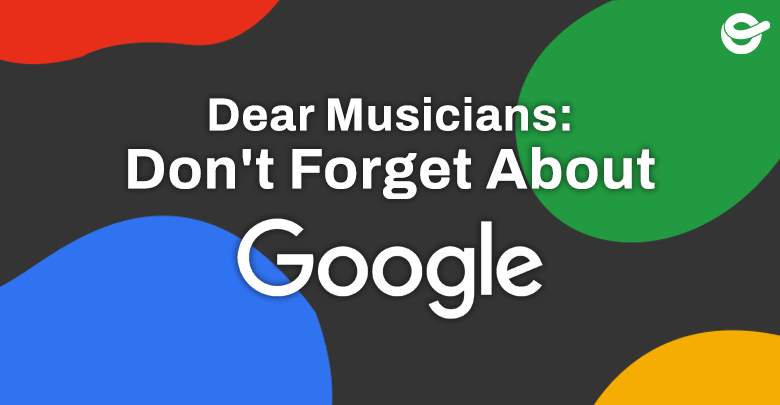
Dear Musicians: Don’t Forget About Google
An Artist’s Guide to SEO
As musicians, it’s easy to spend all your time developing your Instagram or TikTok profile and completely forget how people are going to find those profiles. Some people are going to type your band name into the search bar on the app, but a lot of people are just going to Google your band name and hunt for a link. How can you make sure that Google is pointing your fans in the right direction? How do you get one of those cards on the right with links to your profiles? It’s all possible with a little Search Engine Optimization.
What is SEO and why should you care:
Search Engine Optimization, or SEO, for short, is all about making your website or brand show up as high as possible in Google search results. For musicians, the holy grail of SEO is the “Rich Results,” which are those boxes that show up on the top or right with detailed summaries, links, and photos.
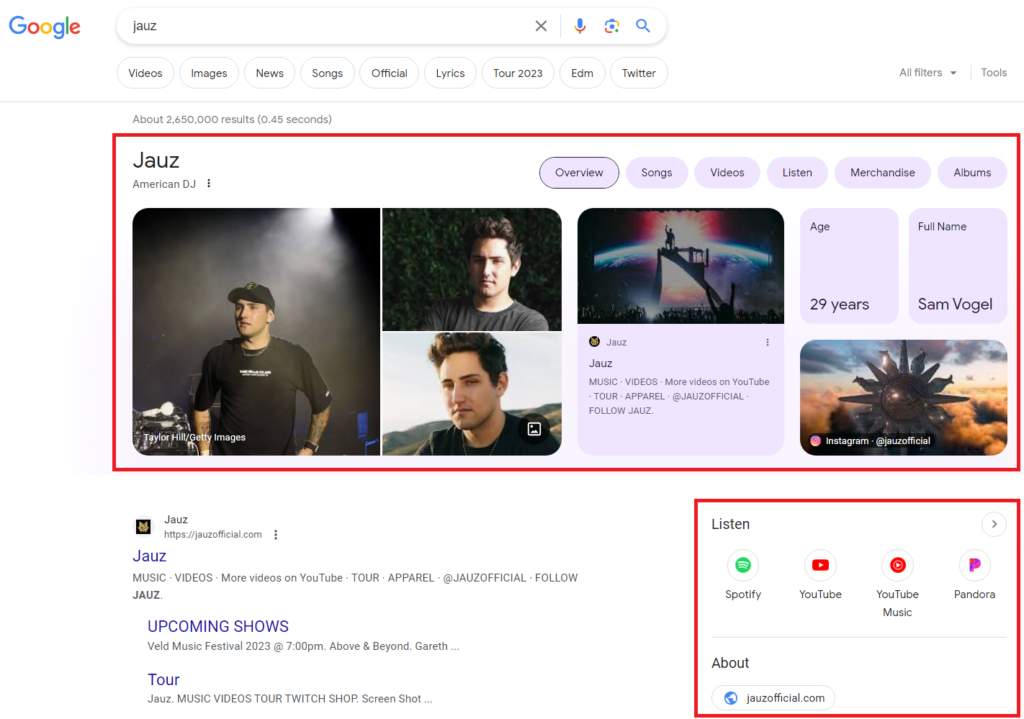
The icing on the cake, though, is having the whole first page of search results be all your socials, streaming links, and official website.
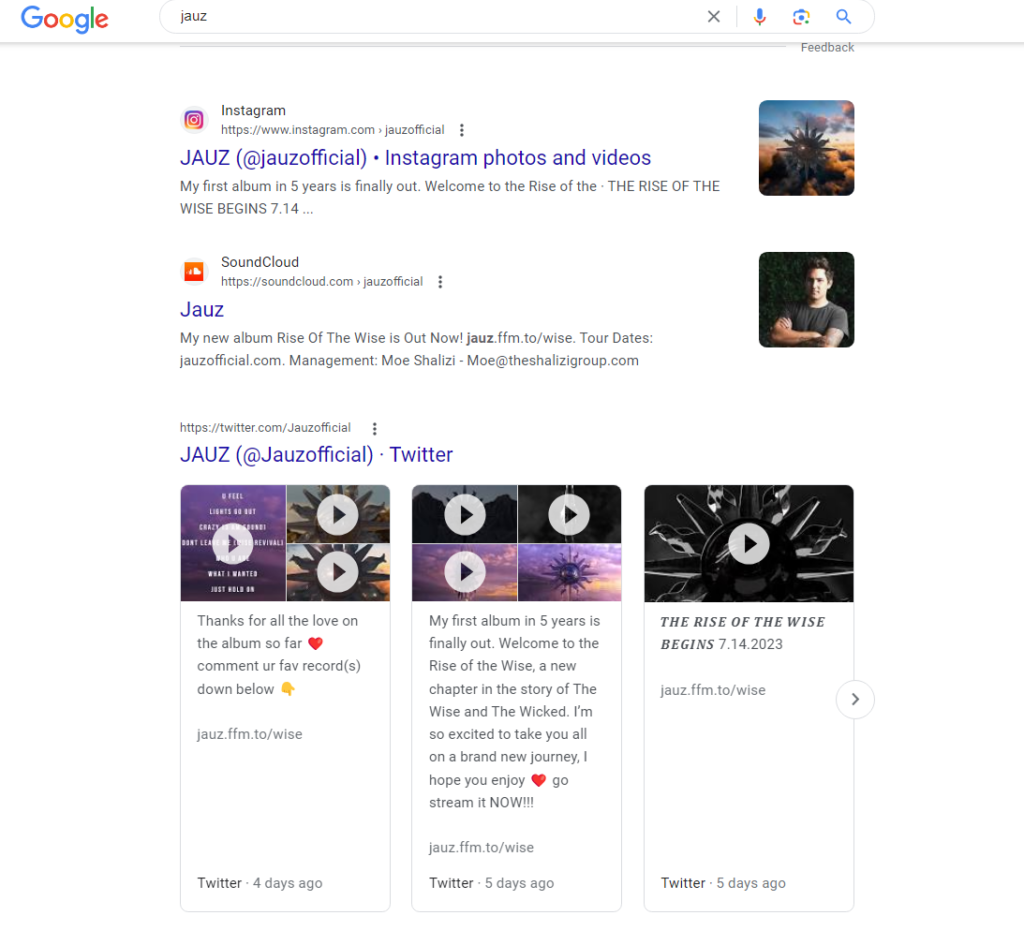
This feature isn’t just for international superstars, though: even tiny artists can dominate their Google search results with a little bit of work, some strategic thinking, and patience.
What’s in a name?
If you haven’t launched your project yet or are considering a re-brand, pick a unique band or stage name. SEO is considerably easier if your artist name is completely original and not a commonly Googled phrase. Band names that are things like “[Firstname] and the [weird phrase],” made-up words, or two random words mashed together tend to be easily Googleable. Band names that are just a [commonly used noun] or [very common name] are going to face an uphill battle.
If you’ve already picked your band name, released music under it, and have started to get a following, you might not want to change it, even if it is an SEO nightmare. All hope is not lost, but you’ll have to put in a little extra work.
Pick a unique username and use it consistently
If your band name is [commonly used noun], your band is probably never going to rank number one on Google when someone just searches [commonly used noun], unless your fame eclipses the popularity of that noun and Miriam Webster puts you in the dictionary. So you’re going to have to aim to be number one for “[commonly used noun] band” or “[commonly used noun] music.” As a bonus, using a term like “band” or “music” helps teach Google that your band name is, well, a band name. Pick something that you can use consistently across all social media platforms. This helps your fans find you and helps Google to draw connections between your accounts.
Get a website
You don’t need to have a super in-depth website as long as you own your domain name. Domain names are one of the best ways to point Google in the right direction. If someone Googles “[commonly used noun] band”, Google is naturally going to assume that commonlyusednounband.com is probably what they’re looking for.
Have a schema markup
The other reason to have a website is that it’s somewhere for your schema markup to live. What is a schema markup, you ask? Also referred to as a Structured Data Markup, It’s a chunk of fairly simple JSON code that Google uses to get basic information about a site and draw connections across the internet. Your markup can include everything from basic information like your artist name, genre, social media links, and hometown, to details like band members’ names, album or song titles, and more. Google uses this information to build its knowledge panels and improve search results.
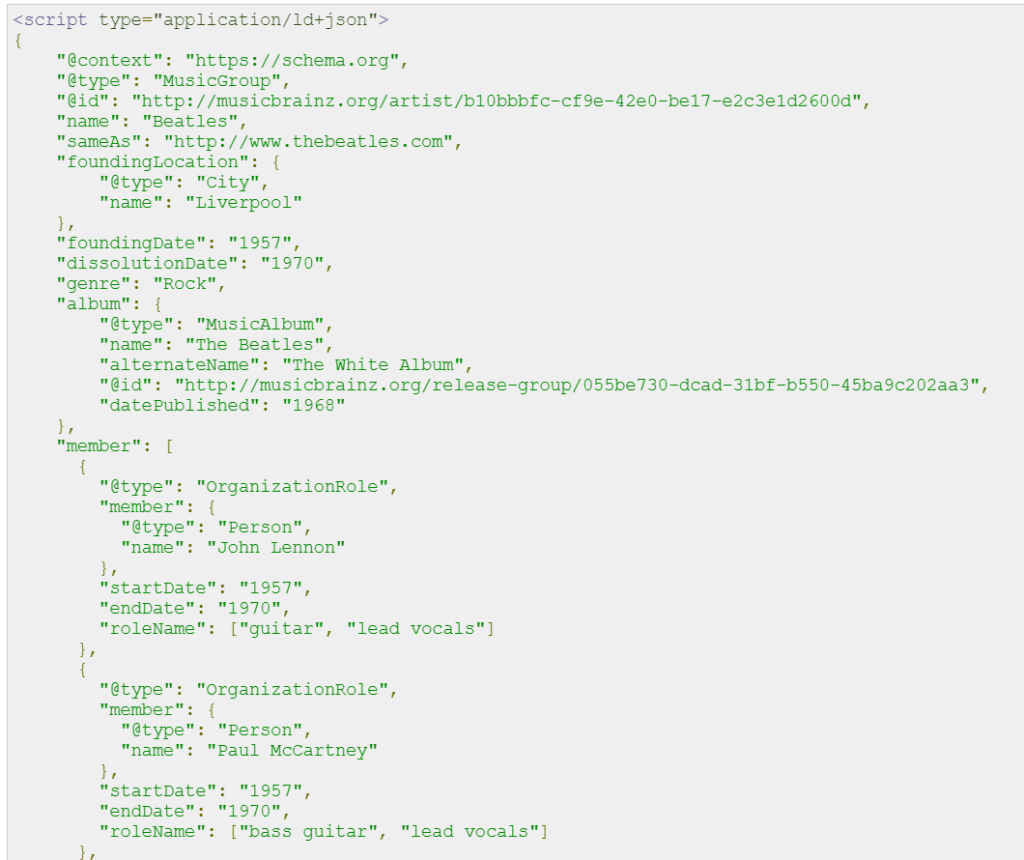
To create a schema markup, you can start with a code generator or build your own using the raw schema documentation from schema.org. Test your markup with the Schema Markup Validator to make sure it’s working and there aren’t any commas or brackets out of place. Then it’s ready to paste into the header of your website. It’s also important to make sure that Google is crawling your website, which you’ll want to do via the Google Search Console.
Be Patient
Once you’ve gone through that whole process, you’re going to have to wait. It can take weeks to months before you start seeing rich results, so don’t keep hitting the refresh button as soon as you publish your website. In time, though, you should start seeing those results.




